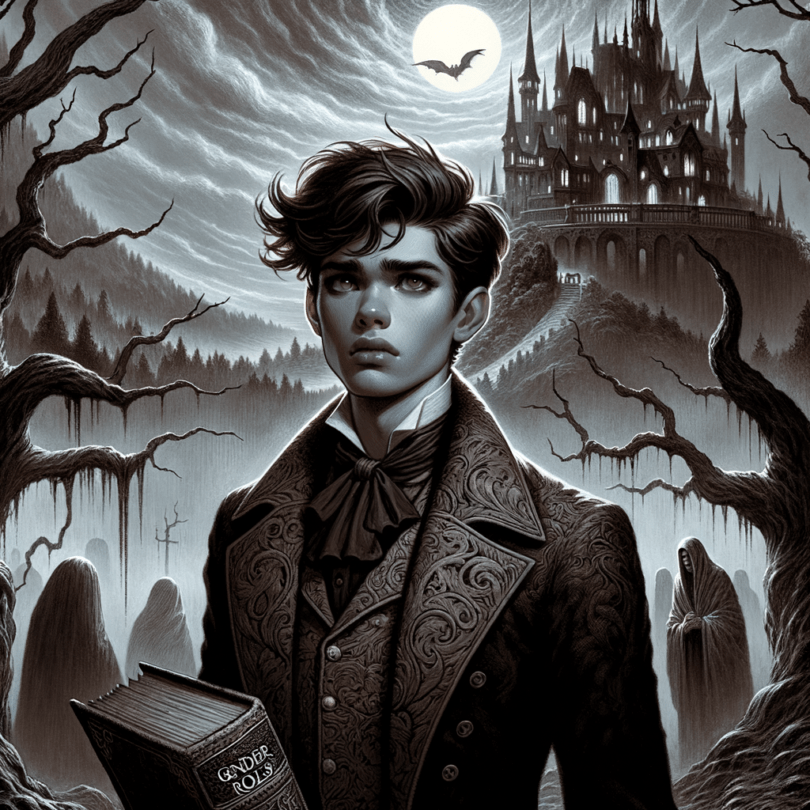Heads up: This write-up gives away some major spoilers for the movie Abigail.
Abigail is a horror flick that tries to put a fresh spin on the classic vampire tale. It ditches the well-worn Dracula and over-the-top vampy ladies from the early 2000s vampire movies like Jennifer’s Body. This time around, we meet Abigail, played by Alisha Weir, a young ballerina who looks as innocent as they come.
Child vampires aren’t something you see every day in movies, although the success of M3gan shows there’s an audience for creepy kids. Abigail’s story unfolds when a gang of misfit criminals snatches her, clueless about the fact they’re dealing with a not-so-ordinary vampire kid, hoping to bag a ransom. Despite her youthful appearance, Abigail has been around for centuries and has turned snacking into a morbid form of play.
The movie showcases a familiar yet diverse cast. Melissa Barrera leads as Joey, a former drug addict trying to stay clean. She’s joined by familiar talents like Angus Cloud, Kathryn Newton, and Dan Stevens. They’re part of the classic horror movie trope where a random group ends up banding together, and it works here, predictably, to a point.
At first glance, there’s a lot of promise with themes that tweak traditional horror vibes with a twist courtesy of its young lead. Yet, even with its potential, Abigail stumbles, particularly when it comes to its portrayal of women.
You’ve got the bloodthirsty ballerina and the criminals, many of whom don’t hesitate to hurt Abigail even when they think she’s just a kid. Neither side really gives you anyone to cheer for. Sure, it could have spun a fascinating tale without a clear hero, especially now that horror often celebrates more complex female characters – think Midsommar or Ready or Not.
But despite Barrera’s solid performance as Joey, the writing doesn’t quite do her justice. Her character is more often discussed in terms of her motherly attributes than her own story or motivation. Although she’s the only criminal who hesitates to harm Abigail and finally steps up when things get dicey, her backstory of having left her son often takes a backseat.
Joey is pegged as the “final girl” – the sole survivor at a horror film’s end – staying away from romantic distractions and taking charge against Abigail. Yet, instead of showcasing her strength, the film emphasizes her survival on her motherly behavior, which is a bit of a downer.
The film reaches toward a feminist tone, especially when Abigail and Joey take down Frank, who has turned into a vampire. But just as you think they might break some new ground, Abigail’s domineering vampire dad shows up, reinforcing some tired old dynamics.
In the end, Joey asks Abigail’s father for mercy, which runs counter to the independence and fight we usually see and celebrate in characters like Laurie Strode or Sidney Prescott. Joey’s “reward” for adhering to these outdated norms feels like a missed opportunity that could have elevated the film.
The movie flirts with greatness, having the potential to offer powerful feminist undertones, but ultimately doesn’t break away from typical gender expectations. It reflects on the struggle many films face when they lean too heavily on past horror clichés instead of paving a new path.

